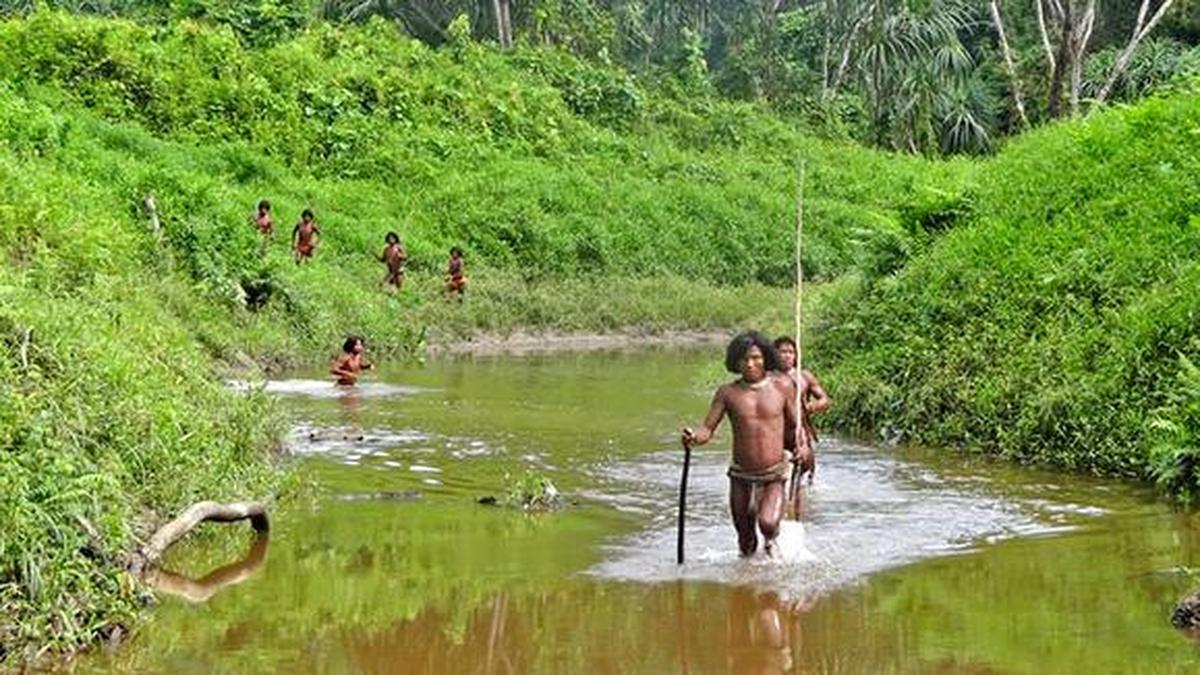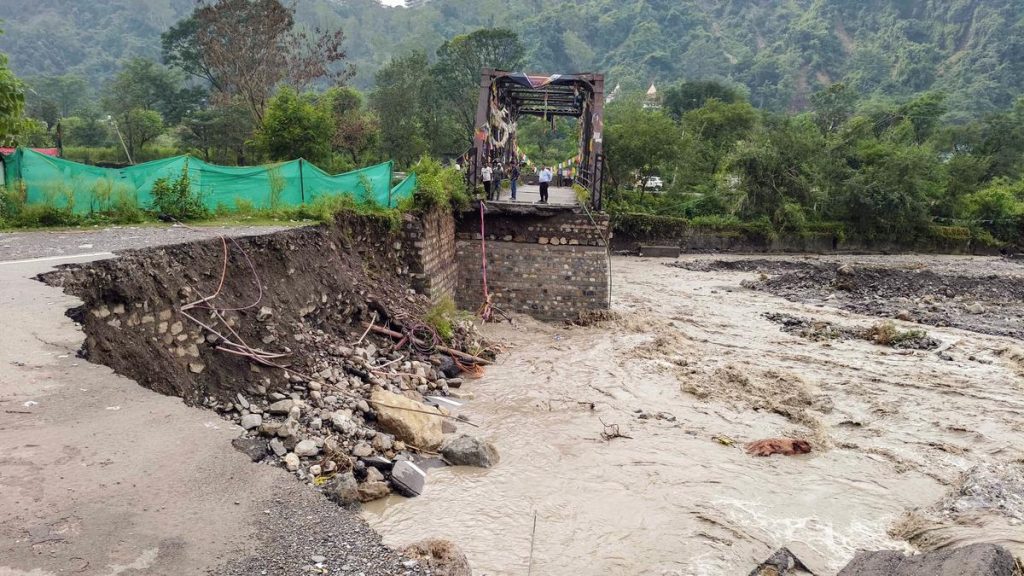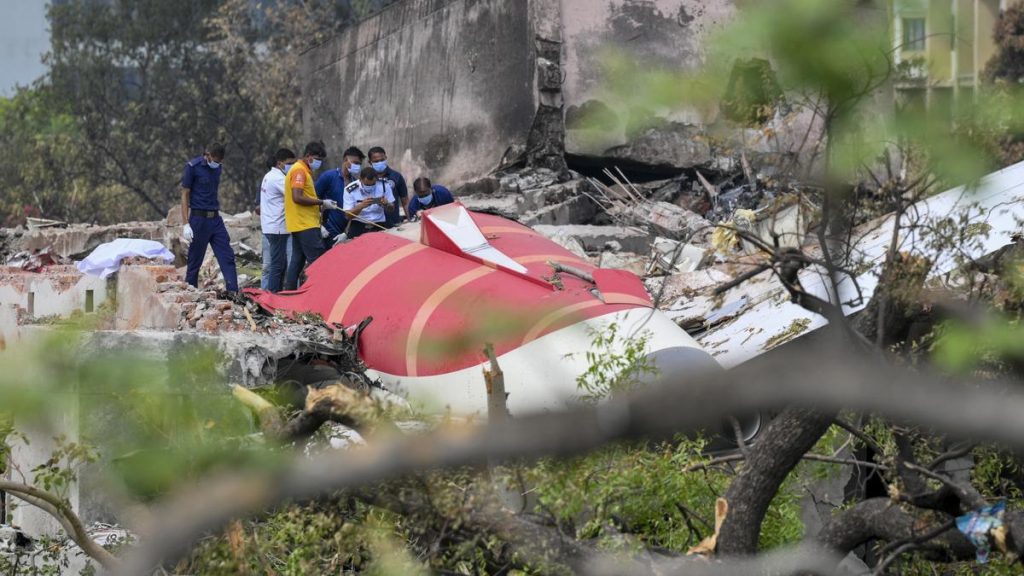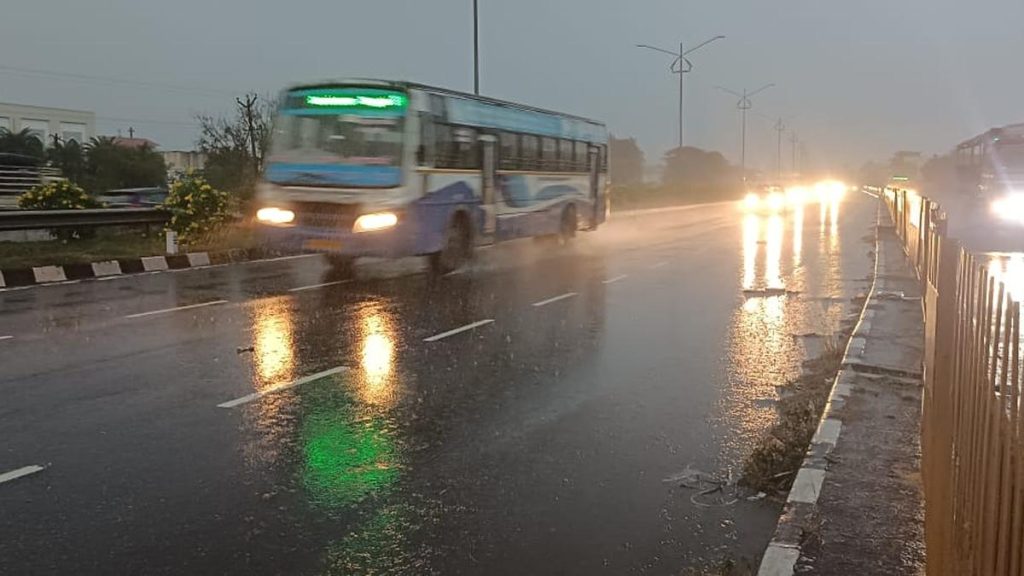Now Reading: Nomadic Welfare Board Urges PM for Funds, Staff, and Permanent Commission Status
-
01
Nomadic Welfare Board Urges PM for Funds, Staff, and Permanent Commission Status
Nomadic Welfare Board Urges PM for Funds, Staff, and Permanent Commission Status

Quick Summary
- Background: The Development and Welfare Board for Denotified, Nomadic, and Semi-Nomadic Communities (DWBDNC) was established in February 2019 but remains underfunctioning.
- Key concerns Raised: Two members of DWBDNC, Bharatbhai Patni and Pravin Ghuge, have written to PM Narendra Modi advocating for additional members, financial powers, statutory backing, permanent commission status, dedicated budget allocations at both Central and State levels, and nationwide standardization of community certificates.
- status of Classification: While the Idate Commission had listed 1,200 existing DNT/NT/SNT communities under SC/ST/OBC categories in 2017-and identified an additional 269 unclassified groups-the Social Justice Ministry has not acted on these recommendations.
- Funding Demands:
– Modifications to SEED scheme to include financial assistance for housing land purchases.
– NOCs (No Objection Certificates) for those living over 20 years on non-owned land in kutcha homes.
– Educational benefits akin to SC/ST students for these communities.
- Research Recommendations: Calls made for statewide research centres due to lack of data on DNDNT communities hindering evidence-based policy-making.
- Administrative Challenges:
– Despite commitments during it’s formation before the Lok Sabha election 2019, DWBDNC lacks staff such as Deputy Secretaries/Undersecretaries. Limited office space restricts functionality.
– Two nominated members request pay scale alignment with Joint Secretary rank.
Indian Opinion analysis
The concerns raised by the members highlight persistent systemic gaps between policy intentions and ground-level execution regarding assistance to marginalized tribal populations. Although India has undertaken significant measures over decades through laws that address caste-based inequalities (SC/ST),there is apparent neglect toward specific sub-groups like DNT/NT/SNDT tribes that fall between administrative categories or face blurred eligibility criteria.
The DWBDNC’s uncertain status reflects bureaucratic hurdles preventing focused welfare interventions despite previous recommendations from commissions like Idate’s. Issues such as misaligned pay scales emphasize broader governance inefficiencies impacting operational effectiveness-a point relevant not just administratively but politically given such boards were positioned as pre-election welfare commitments.
Prioritizing comprehensive documentation alongside resource allocation would aid clearer policymaking while ensuring neglected populations gain similar access benefits afforded SC/ST/OBC counterparts-balancing inclusivity within India’s diverse social landscape without redundancy across categories already structured administratively within Ministries framework’s federal platform
























